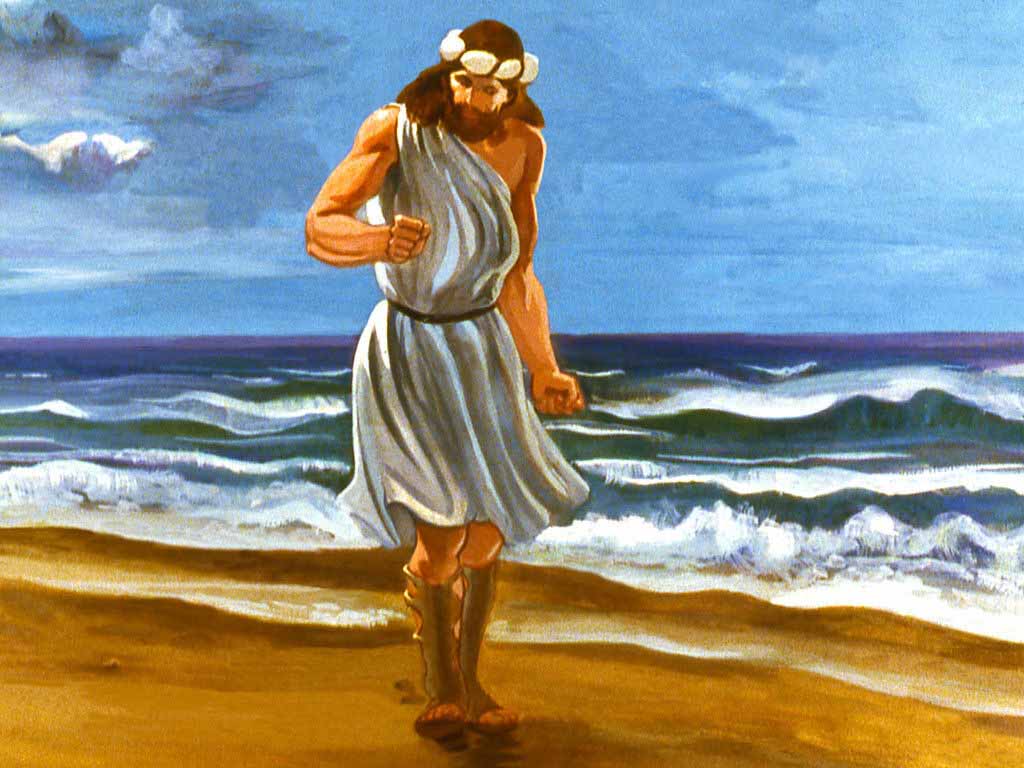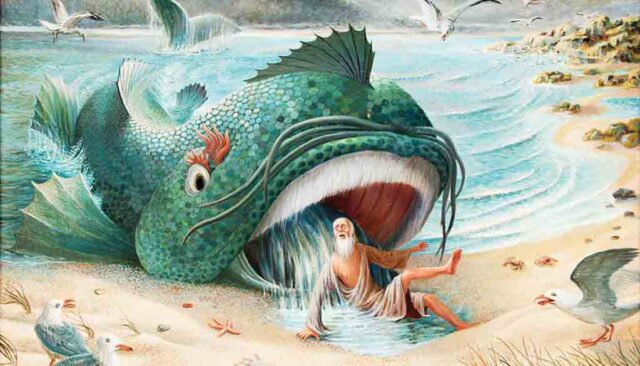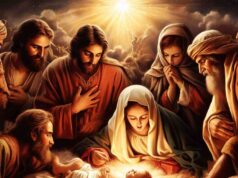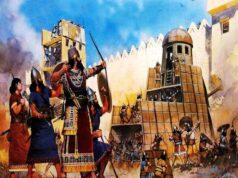By Pr Isaiah White
Jonah is categorized among the minor prophets by Bible scholars.
It should be noted that minor prophets are not addressed as minor due to their content and ministry as prophets.
The term minor refers to the volume of the scroll (book) of the record of the works of these prophets.
Prophet Jonah ministered in the Northern Kingdom of Israel, and must have served the reign of King Jeroboam which was a reign of great apostasy.
Due to this apostasy, the Lord had used the heathen nations to chastise the kingdom and one of the major heathen powers that had tormented Israel for a long time.
Where God sent Jonah
The first three verses start by: Now the word of the Lord came to Jonah the son of Amittai, saying:
“Arise, go to Nineveh, that great city, and cry out against it; for their wickedness has come up before Me.”
But Jonah arose to flee to Tarshish from the presence of the Lord.
He went down to Joppa, and found a ship going to Tarshish; so he paid the fare, and went down into it, to go with them, running away from the presence of the Lord (Jonah 1:1-3).
First, the Word of the Lord still followed Jonah. While he lived among the disobedient people of Israel, he was still in communication with God.
We are informed, therefore, that we are dealing with a man of God. Jonah is not given a mission to his people but rather sent to Nineveh.

Nineveh is located in modern-day Iraq. During the days of Prophet Jonah, it was the capital city of Assyria, which had abused the kingdom of Israel severally. Besides, these were heathen people.
The Israelites considered them to be uncircumcised and rejected by God.
When Jonah was asked to go there, he instead fled west by sea to Tarshish.
The exact location of Tarshish is a matter of debate, though some have guessed it to be as far away as modern Spain.
The people in Tarshish were not different from the people in Nineveh, but the challenge was that the prophet had no divine commission in Tarshish as the one he had in Nineveh.
First of all, Jonah disagreed with his God on the matter of where He sent him. Jonah could not believe that God has any business whatsoever to do with the Gentiles.
To him, God was the God of Israel and in Israel not elsewhere.
Jonah perceived God to be a local god and other nations were destined for judgment and destruction. Thus, there is no way He could send His prophets to the unclean lands of the Gentiles.
This disagreement between God and Jonah is in the modern-day religions and belief systems about God.
Several religious views believe God is their religious member and whoever would want to access Him must first subscribe to their religious sect.
Which places are you uncomfortable sharing the word of God?
If God sent you to bars and brothels, would you comfortably go and minister without doubting whether it was the Holy Spirit who sent you?
What are those places we as the people of God have denounced and placed under the Judgment of God, instead of going there to minister?
How do we understand the great commission; is it the Jonah way or the Jesus way? He said to them, “Go into all the world and preach the Gospel to every creature (Mark 16:15).

To whom God sent him
The second area where God and Jonah disagreed was in the kind of people that He commissioned His prophet.
There are two major problems with the people in Nineveh; the first is that they are Assyrians and the second is that they are enemies to the people of Israel.
The Idea that the prophet has about God is that all people around the world who are not Israelites or Jews cannot access the salvation of God; unless they are proselyted by the people of Israel.
The prophet was a racist and took his racism into spiritual matters by subjecting the salvation and belief of people in God to their race.
Jonah disagreed with God on the fact that salvation is for all kinds of people from all races in the world.
The prophet knew there were sinners in Israel, and knew they deserved salvation and forgiveness just because they are Israelites, but the sinners in Nineveh did not deserve the forgiveness and salvation of God.
How do we esteem sinners in our Churches today? Are some sinners cleaner and acceptable than others?
Is it true that some people are blessed while others cursed, but in the same Church?
Why do our Churches have special seats for particular people and other seats reserved for whoever?
Is it because there are Israelites and Nineveats in the same Church?
Prophet Jonah disagreed with God; are we agreeing with God today or we are but modern Jonahs?
The writer is a life coach and pastor.
Contact: +256775 822 833
Email: whitemwine@gmail.com






















